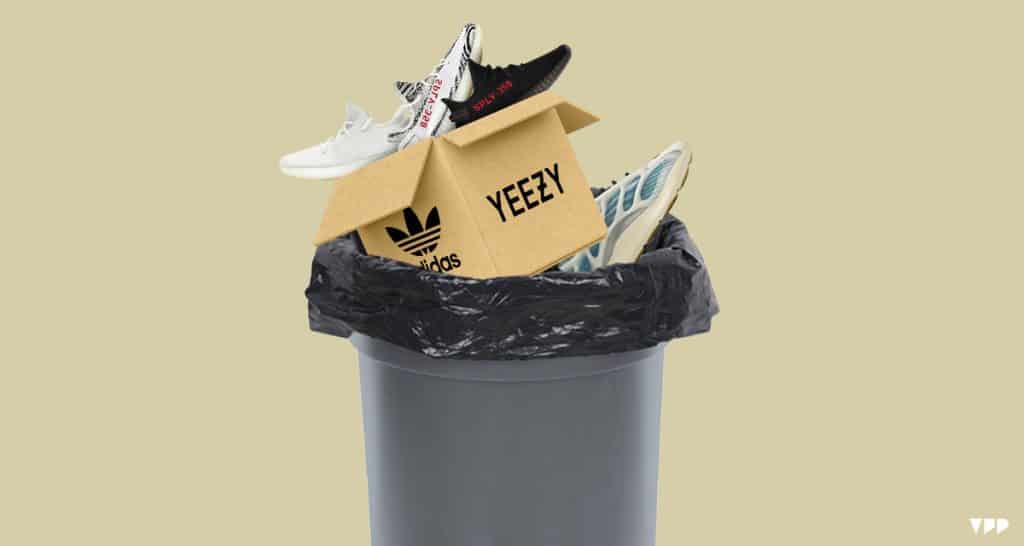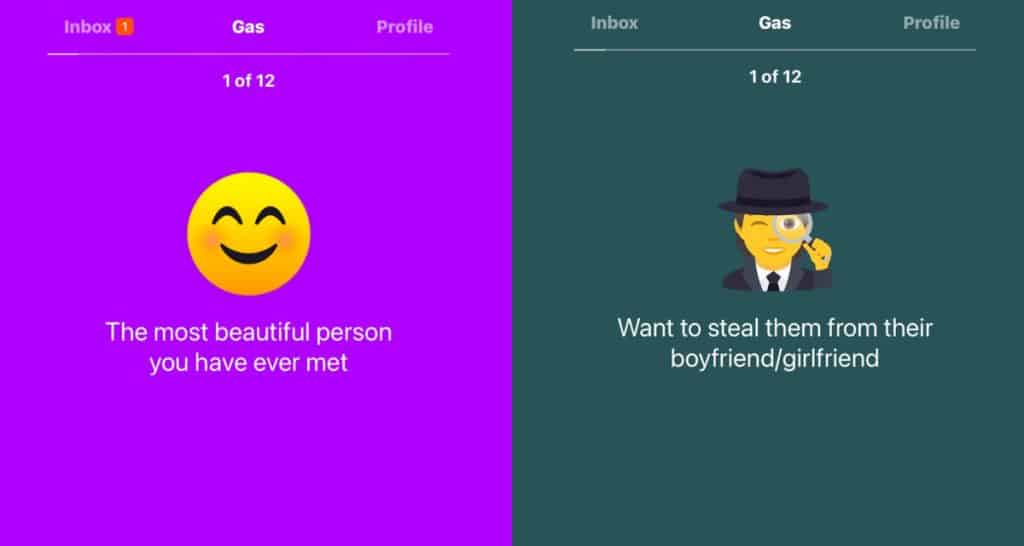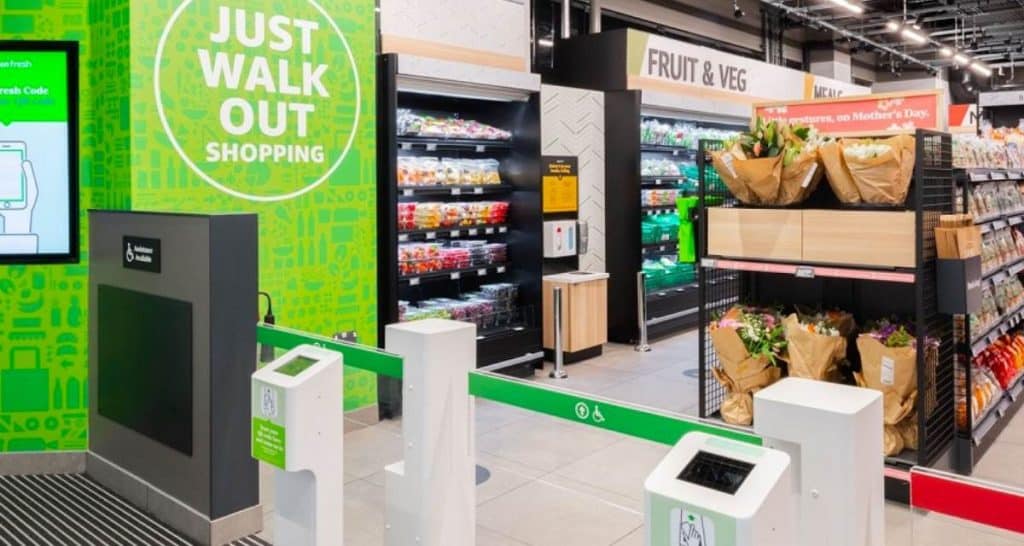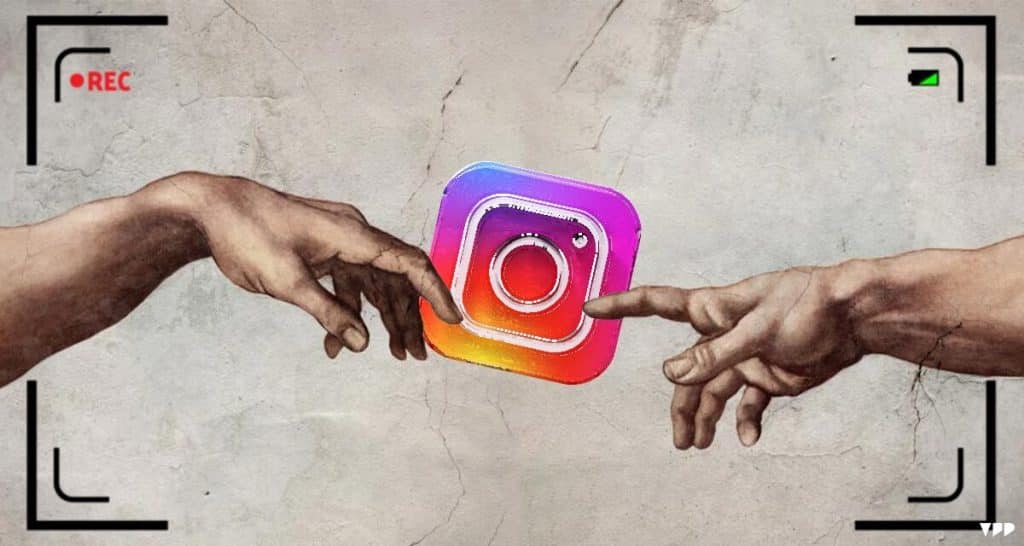
Everything is now “content”
They say content is king, but in a world where everything online has become content, most of it fails to rise above anything else.

They say content is king, but in a world where everything online has become content, most of it fails to rise above anything else.

“Bleisure” travel (or “blended” travel) — the combination of business and leisure — is on the rise.

After many antisemitic comments and tweets, brands across the fashion and entertainment industry are cutting ties with Kanye.

Gen Z consumption patterns are more aligned with older generations' spending habits.

Gas is the hottest new app for teens

Companies are rolling out “frictionless” checkout tech that allows customers to walk into a store, grab what they need, and simply walk out

Millennials are looking for a little more self-expression and risk-taking when it comes to their investment portfolio. They’re investing three times more than older Americans into alt-investments like crypto, real estate, and art and only half as much into stocks and

A new restaurant called Shuggie’s Trash Pies is highlighting the amount of food that goes to waste by creating a rotating menu of dishes using ingredients no one else wants to use.

For brands, Gen Z is hard to pin down because it’s all over the place — fragmented by an internet of subcultures — each with its own rules, lingo, and interests.

Instagram’s push to video is alienating the professional artists, photographers, and illustrators that made the platform a hit in its early days.